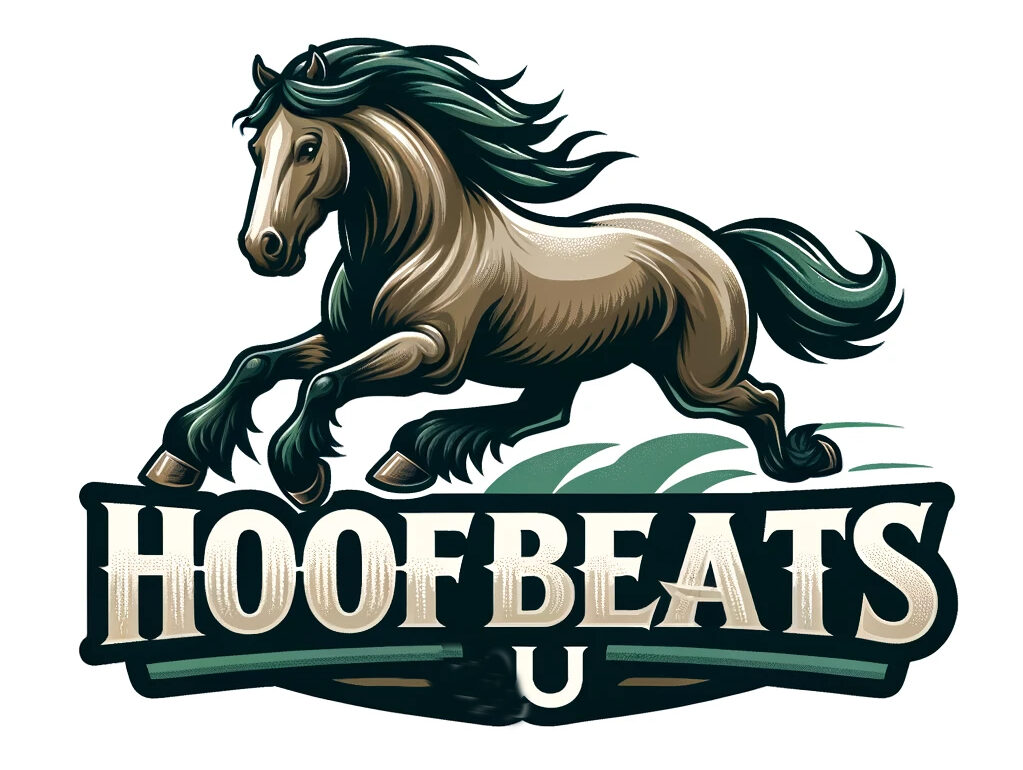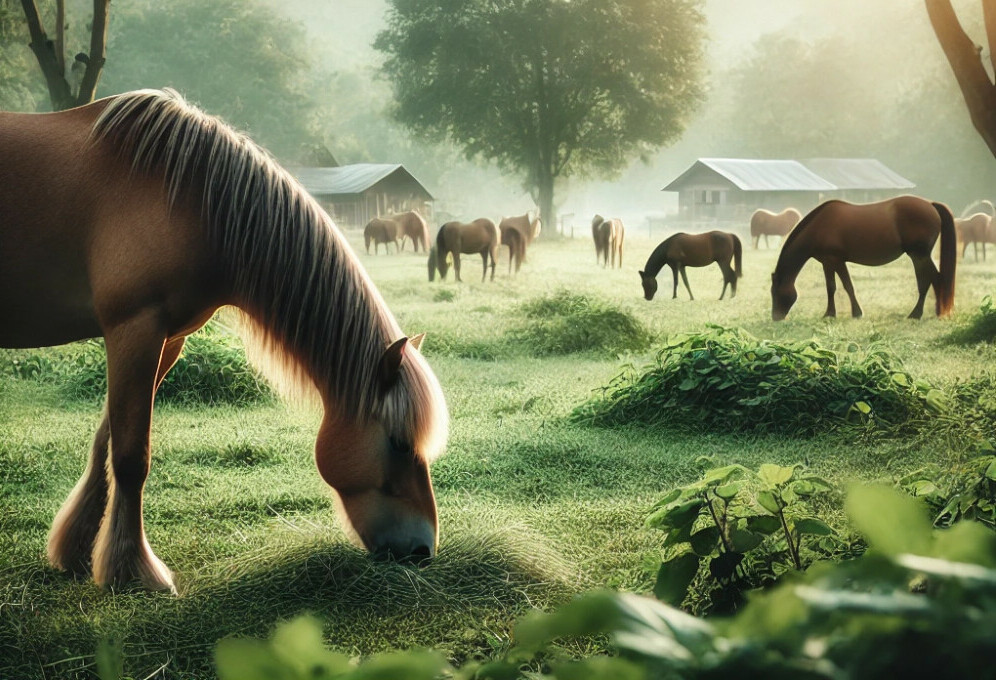
Horse nutrition might seem pretty straightforward, but there’s a lot more to it than just tossing some hay and calling it a day. To keep your equine friend healthy and happy, understanding the core elements of their diet is essential. Let’s break it down.
First things first, a balanced diet is key. Horses, like people, need a mix of carbohydrates, protein, fats, vitamins, and minerals. Their digestive systems are quite sensitive, so providing the right balance helps avoid digestive issues and supports overall health.
Forage should be the foundation of a horse’s diet. Quality hay or pasture provides essential fiber that aids digestion. Roughly speaking, forage should make up at least 50% of what they eat daily. Additionally, pasture grazing allows horses to engage in natural behaviors, which is great for their mental well-being.
As horses go through different stages of life, their nutritional needs change. Foals, adults, and senior horses each have unique dietary requirements. For instance, growing foals need more protein to support muscle development, while seniors might need easily digestible fibers and more vitamins to support aging bodies.
Understanding the essentials of horse nutrition helps create a foundation for a healthy and happy life for your horse. Balancing these nutritional elements isn’t just about performance; it’s about supporting their physical and mental well-being through every life stage.
Essential Foods for Horse Enjoyment and Performance

High-quality forage is a must-have in any horse’s diet. Think of hay and pasture as the bread and butter for your equine friend. Good quality hay, like timothy, orchard grass, or alfalfa, provides essential fiber and nutrients. Grazing on fresh pasture also offers vitamins straight from Mother Nature.
Grains and concentrates come into play when you need to up the energy levels. Oats, barley, and corn are popular choices. These grains pack a punch when it comes to providing the necessary calories, but they should be fed in moderation to avoid weight issues and digestive troubles.
Don’t shy away from giving fruits and veggies as treats. Horses generally love apples, carrots, and watermelon. These not only make for tasty snacks but can also supply vitamins and hydration, especially during hotter months. Just remember, moderation is key—too many treats can upset the dietary balance.
Creating a Balanced Diet Plan

Calculating daily feed rations is an art and a science. Knowing the weight of your horse and their activity level is crucial. For instance, a leisurely pasture pet won’t need the same amount of feed as a high-performing racehorse. Use weight and workload to determine how much hay, grains, and supplements your horse needs each day.
Feeding schedules matter more than you might think. Horses thrive on routine, so feeding them at the same times each day helps keep their digestive system running smoothly. Breaking their rations into smaller, more frequent meals can also prevent digestive issues and mimic their natural grazing habits.
Adjusting diet for individual health conditions and performance goals ensures your horse gets the care they need. Whether you’re dealing with a senior horse with arthritis or a young horse gearing up for competitions, tailor their diet to fit their specific needs. Consult your vet to create a diet plan that supports both their health and performance.

